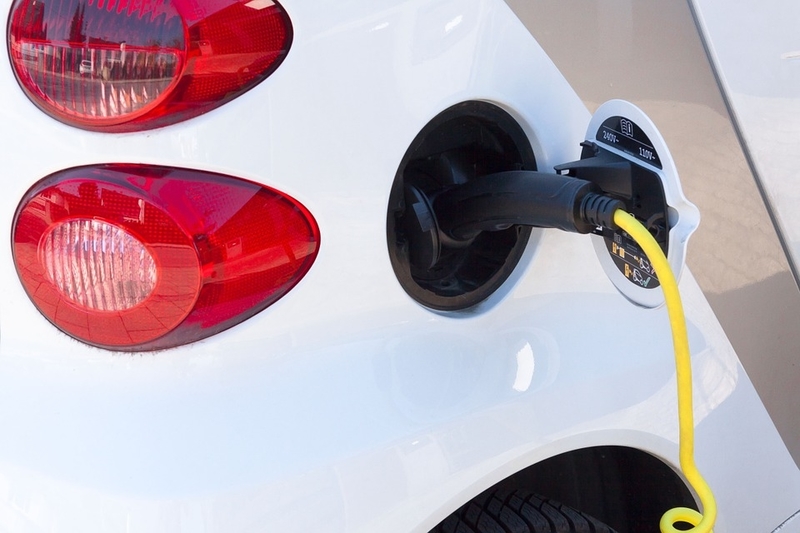
To promote the manufacturing and sustainable growth of electric and hybrid vehicle technology in the country, the Department of Heavy Industry (DHI) plans to keep the FAME-India Scheme- Phase-I running.
FAME stands for Faster Adoption and Manufacturing of (Hybrid and) Electric Vehicles. It was launched on 1 April 2015. The scheme’s initial end date was 31 April 2017, but has been extended to 31 March 2019, or until the Government announces the launch of FAME-Phase-II, whichever comes first.
In 2013, India rolled out the National Mission on Electric Mobility intended to develop e-mobility in Mission Mode.
A Mission Mode Project (MMP) is an individual project within the National e-Governance Plan (NeGP). Within the NeGP, ‘mission mode’ implies that projects have clearly defined objectives, scopes, and implementation timelines and milestones, as well as measurable outcomes and service levels.
For India, switching over from conventional internal combustion (IC) engine-based vehicles to new technologies like electric, hybrid, fuel cells is essential. This change is expected to reduce high import costs of fuel, the country’s dependence on fossil fuel resources, environmental degradation and the effects of climate change.
The follow-up programme to the National Mission on Electric Mobility initiative is the FAME Scheme. It provides incentives to create demand and encourage the establishment of an electronic vehicle (EV) ecosystem and infrastructure. It also supports the development of electronic automotive technology through R&D.
The second phase of FAME-India will boost the implementation of EVs in the public transport sector in the country and seeks to encourage the adoption of EVs through interventions in demand and supply.
According to a press release, the Department’s draft scheme will encourage a holistic growth of the EV industry, including providing charging infrastructure, R&D for EV technologies and will push for greater indigenisation. The scheme has not been finalised yet.
The total outlay of the first phase of the scheme has been upped from about US $113 million (IN ₹795 crores) to US $127 million (IN ₹895 crores).
Under the demand creation focus area, which focuses on the scheme’s incentive, the purchaser of electric and hybrid vehicles will be offered an upfront reduction in purchase price by the dealer at the time of purchase.
The FAME website noted that the programme is available in cities under the ‘Smart Cities’ initiatives and the major metro cities in the country. It is also being implemented in state capitals and cities with populations of one million or more (as per 2011 census), and all the cities that fall under the North Eastern States.
Since its inception, several segments have been added to the scheme to expand its reach. Fully electric buses have been added to support the electrification of public transport. The positive results of these efforts are borne out by the fact that the DHI has sanctioned 455 electric buses in 9 cities. The Government has plans to roll out 1,000 e-buses in Delhi in an attempt to reduce its rising levels of air pollution.
The Department of Heavy Industry supports technological interventions for the automobile industry through grants for product and testing infrastructure development, through the Development Council for Automobile and Allied Industries (DCAAI) funds to Automotive Research Association of India (ARAI), Pune and academic institutions.
















